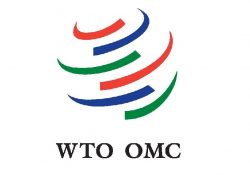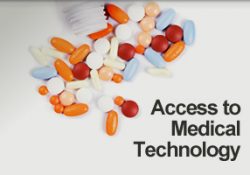SCP27: WIPO patent committee agrees to future work on patent oppositions, exceptions and limitations, and patents and health
On Friday afternoon, 15 December 2017, the 27th session of the WIPO Standing Committee on the Law of Patents (SCP) agreed to a future program of work that included the following topics: 1) Exceptions and Limitations to Patent Rights, 2)… Continue Reading




